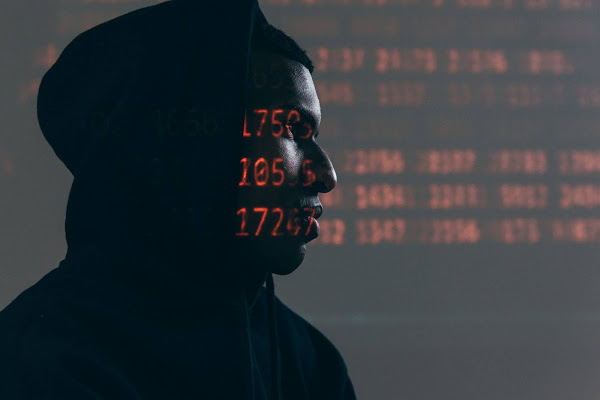Cyberextortion Threat Evolves as Clop Ransomware Attacked 6 U.S Universities Data Security

Malicious actors are now using novel ways to extract universities’ data, and are threatening to share stolen data on dark websites unless universities pay them a lot of money.
The current update reads that the Clop ransomware group claimed to have access to six top universities of the United States including institutions’ financial documents information and passport data belonging to their staff and students. According to the report, a group of hackers has first posted the stolen data online on March 29.
The universities’ that have been attacked, include — The University of Miami, the Yeshiva University, the University of Maryland, the Stanford University, the University of Colorado Boulder, And the University of California, Merced.
However, there is no official confirmation regarding this cyber-attack from any of the aforementioned universities, it’s unsure whether or not the cyberinfrastructure of these universities has been attacked or the hacker group asked for money in exchange for data.
Additionally, a few days back, Michigan State University also confirmed a cyber attack by a group that was threatening to share it on the dark websites unless a bounty is paid.
The data stolen by the Clop ransomware group include federal tax documents, passports, requests for tuition remission paperwork, tax summary documents, and applications for the Board of Nursing.
This data breach affected several individuals and staff of the universities as the shared information also exposed sensitive credentials, such as names of individuals, date of birth, photos, home addresses, immigration status, passport numbers, and social security numbers.
Not only this, but some news websites also confirmed that the leaked data included several more screenshots including retirement documentation, and 2019/2020 benefit adjustment requests, late enrollment benefit application forms for employees, and the UCPath Blue Shield health savings plan enrollment requests, amid much more.
It should be noted that such attacks are not unusual for the Clop ransomware group as the group is known for its assault against various organizations. Furthermore, Michigan State University’s officials stated in the regard that, “Payment to these criminals only allows these crimes to be perpetuated and further target other victims. The decision not to pay was in accordance with law enforcement guidance and reached with support from the university’s Board of Trustees and president”.
If you like the site, please consider joining the telegram channel or supporting us on Patreon using the button below.


